CAIR to file lawsuit challenging Trump's Muslim ban order
A prominent Muslim advocacy group will file a federal lawsuit against US President Donald Trump over his far-reaching executive order targeting Muslims.
Trump’s executive order, signed on Friday, temporarily halts the admission of new refugees into the United States and suspends the entry of citizens of seven Muslim-majority countries.
The Council on American-Islamic Relations (CAIR) immediately announced it would be challenging the constitutionality of Trump’s directive in court “because its apparent purpose and underlying motive is to ban people of the Islamic faith from Muslim-majority countries from entering the United States.”
"The American Muslim community has been the target of discriminatory policies for many years now," Lena Masri, CAIR’s national litigation director, told The Independent. “Generally speaking at this time the Muslim community is being attacked by this order. It’s important for Americans to stand together and rise together.”
The advocacy group said 20 Muslims were behind the lawsuit. Full details of the action will be revealed on Monday.
During a visit to the Defense Department on Friday, Trump said the US does not want radical terrorists in the country, but his blanket ban is applied to all those attempting to flee violence, war and persecution.

“We want to ensure we aren’t admitting into our country the very threats that our men and women are fighting overseas,” the new president said.
Trump’s order would impose a 90-day ban on entry from citizens of Iran, Iraq, Syria, Yemen, Sudan, Libya and Somalia, block refugees from Syria indefinitely, and suspend all refugee admissions for 120 days.
“There is no evidence that refugees – the most thoroughly vetted of all people entering our nation – are a threat to national security,” said CAIR’s Masri. “This is an order that is based on bigotry, not reality.”
According to data from the Cato Institute, a Washington-based libertarian think tank, between 1975 and 2015 there have been no American death on US soil at the hands of foreign terrorists from the seven countries listed in Trump’s executive order.
'Next to impossible' to rescue patients from Gaza's Kamal Adwan Hospital: Director
VIDEO | Vietnam current prosperity
Report blames gasoil exports for shortage at Iranian power plants
VIDEO | Hind Rajab Foundation names Israeli war criminals vacationing after Gaza genocide
VIDEO | Australians rally for Gaza ahead of Christmas festivities
VIDEO | Attacks on Sana'a
Iran reports further drop in annual inflation rate in December
Israel indicts two settlers over suspected spying for Hezbollah


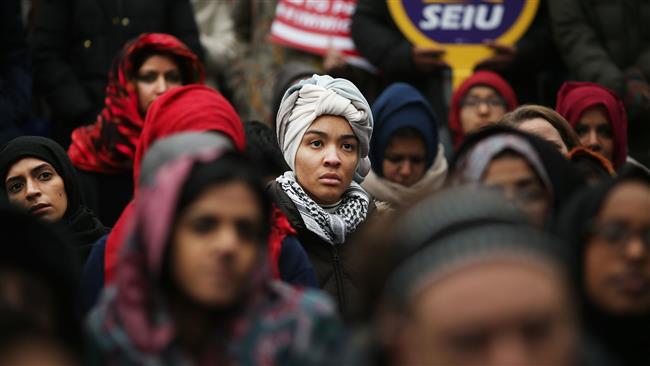
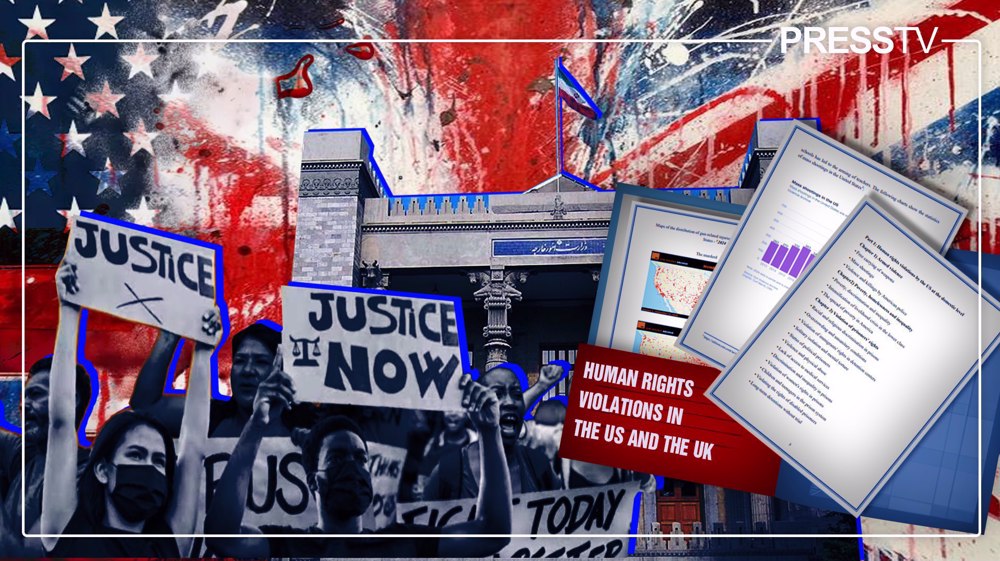
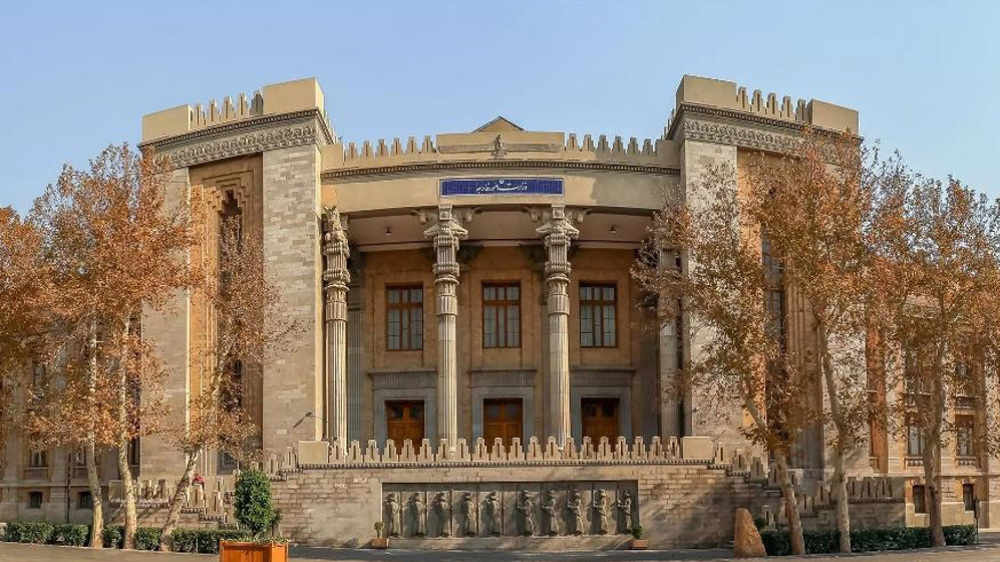




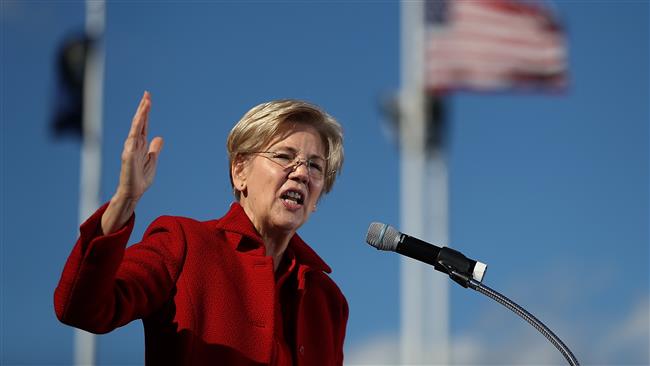
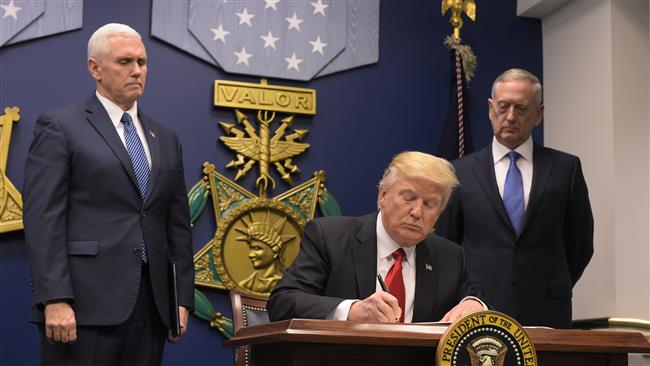

 This makes it easy to access the Press TV website
This makes it easy to access the Press TV website